Hayao Miyazaki’s Spirited Away is often celebrated as a masterpiece of animated storytelling, capturing the imagination of viewers with its enchanting visuals and timeless narrative. On the surface, the story appears to have a pleasant conclusion: Chihiro escapes the surreal world of spirits; reclaiming her human form and leaving behind the magical bathhouse with her parents who turned into pigs.
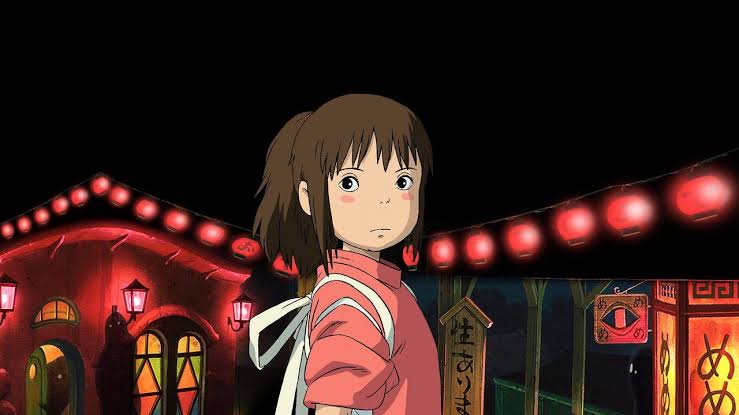 Chihiro had one of the biggest transformation in Spirited Away | Credit: Studio Ghibli
Chihiro had one of the biggest transformation in Spirited Away | Credit: Studio GhibliHowever, Hayao Miyazaki himself once revealed a strikingly different interpretation of the ending of the story of Spirited Away. His perspective challenged the widely held notion of a happy ending, emphasizing the darker undertones of the film and its reflection on modern Japan. So, does Spirited Away not have a happy ending? Let’s dive into the details!
Chihiro: An unlikely heroine in a cynical world
Released in 2001, Spirited Away follows the journey of Chihiro; a ten-year-old girl thrust into a fantastical spirit world after her parents are transformed into pigs due to gobbling foods meant for the spirits. In order to save them and return home, Chihiro must navigate this surreal realm, working in a mystical bathhouse run by the enigmatic Yubaba. The film’s critical and commercial success is undeniable, however, Hayao Miyazaki’s narrative is far from a simple tale of victory and innocence.
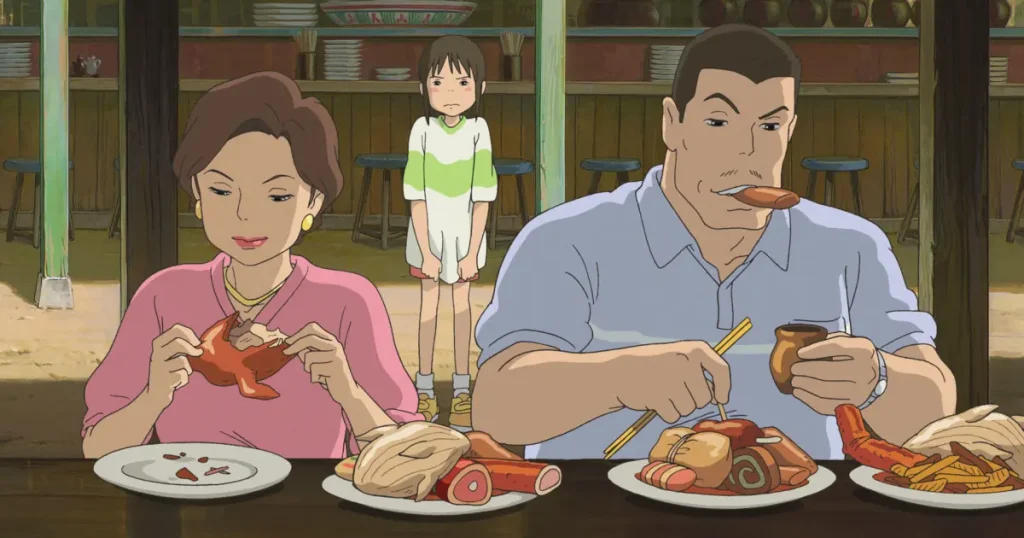 Chihiro’s parents eating the spirits’ food | Credit: Studio Ghibli
Chihiro’s parents eating the spirits’ food | Credit: Studio GhibliWhile many viewers interpret the film’s ending as hopeful, Miyazaki’s interview offers a stark counterpoint. In an interview published in the French film magazine POSITIF (April 2002 issue), which was later uploaded on FRENCH BLOOM NET, Miyazaki shared the deeper meaning behind the film’s narrative. When asked whether he believes that children have the power to save or change adults, Miyazaki explicitly stated,
I don’t think Chihiro saved her parents. Even when she finally regains her human form, Chihiro’s parents haven’t really changed. This type of parent is loitering in Japan.
This statement sheds light on Spirited Away‘s ambiguous ending, where Chihiro’s parents’ lack of awareness and accountability remains unresolved. Their transformation back to human form does not signify personal growth or redemption but highlights the stagnation of adult attitudes.
Miyazaki believes that children have the mindset and time to fail and start over, however, that can’t be said for adults due to having lost their innocence. On the other end, Miyazaki also claimed that Chihiro isn’t particularly very innocent or cute either, yet, she developed into a better person due to her extraordinary experience.
A dark reflection of modern Japan through Spirited Away
Hayao Miyazaki‘s observation extends beyond the narrative of Spirited Away, critiquing the complacency and self-indulgence he perceives in contemporary Japanese society. He referred many parents to the metaphorical “pigs” in the story; consumed by materialism and detached from the values of humility and responsibility.
 Chihiro’s encounter with Kaonashi in the bathhouse | Credit: Studio Ghibli
Chihiro’s encounter with Kaonashi in the bathhouse | Credit: Studio GhibliThus, his reluctance to portray Spirited Away as a straightforward story stems from his broader disillusionment with modern Japan. When asked if Japan is “nothing more than an illusion“, Miyazaki responded with a critique of cultural and social stagnation. He avoided romanticizing or idealizing the “real” Japan; opting instead to convey the existential struggles faced by its people.
Hayao Miyazaki’s candid reflections on Spirited Away challenge us to reconsider its seemingly happy ending. By rejecting the idea that Chihiro’s adventure ended up in a definitive victory, Miyazaki invited viewers to delve deep into the film’s deeper implications. Chihiro’s journey may not have “saved” her parents, but demonstrated the courage required to confront an imperfect world and the possibility of starting anew.
Spirited Away is currently available to watch on Netflix.
.png)
 10 hours ago
11
10 hours ago
11
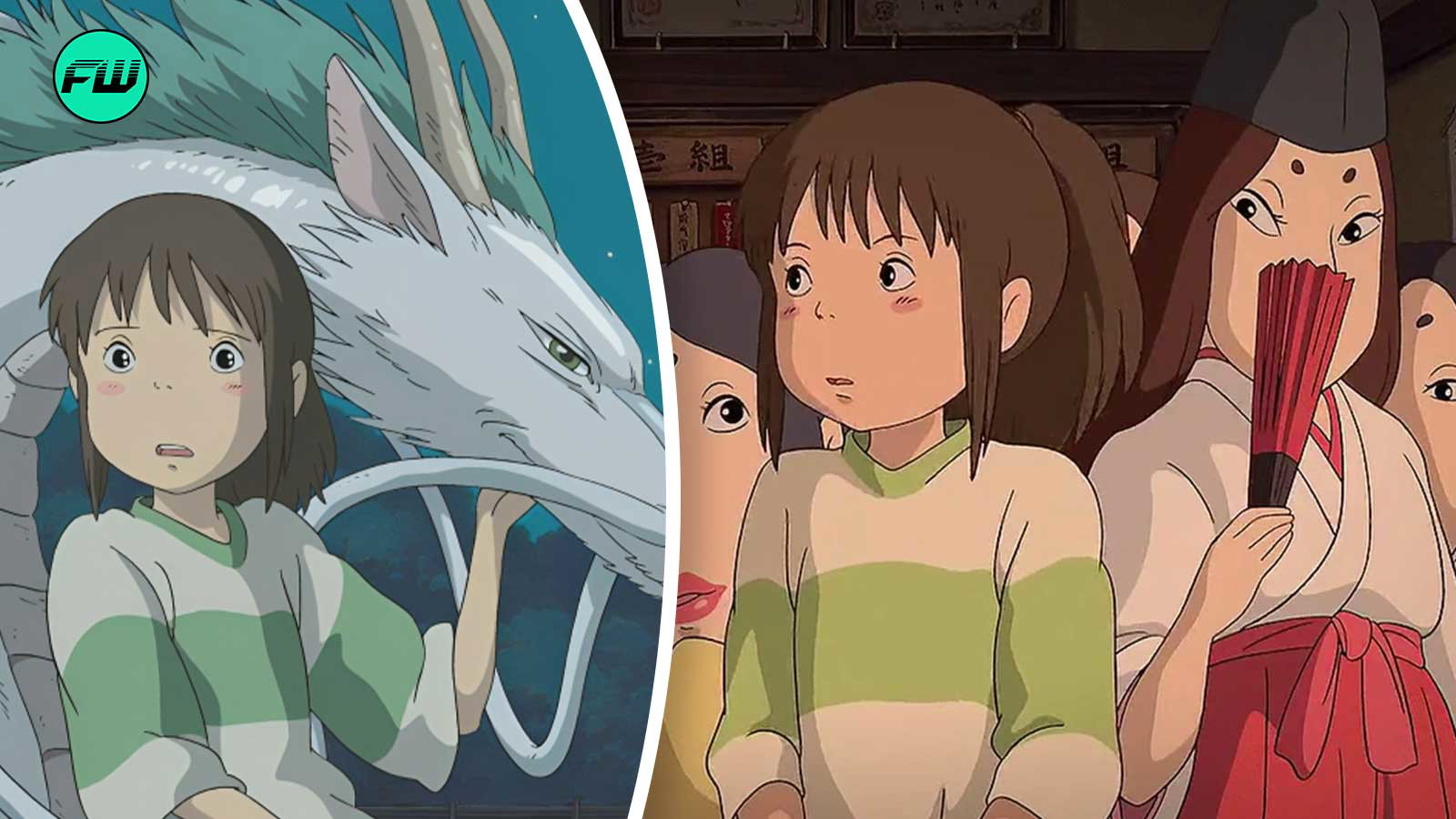


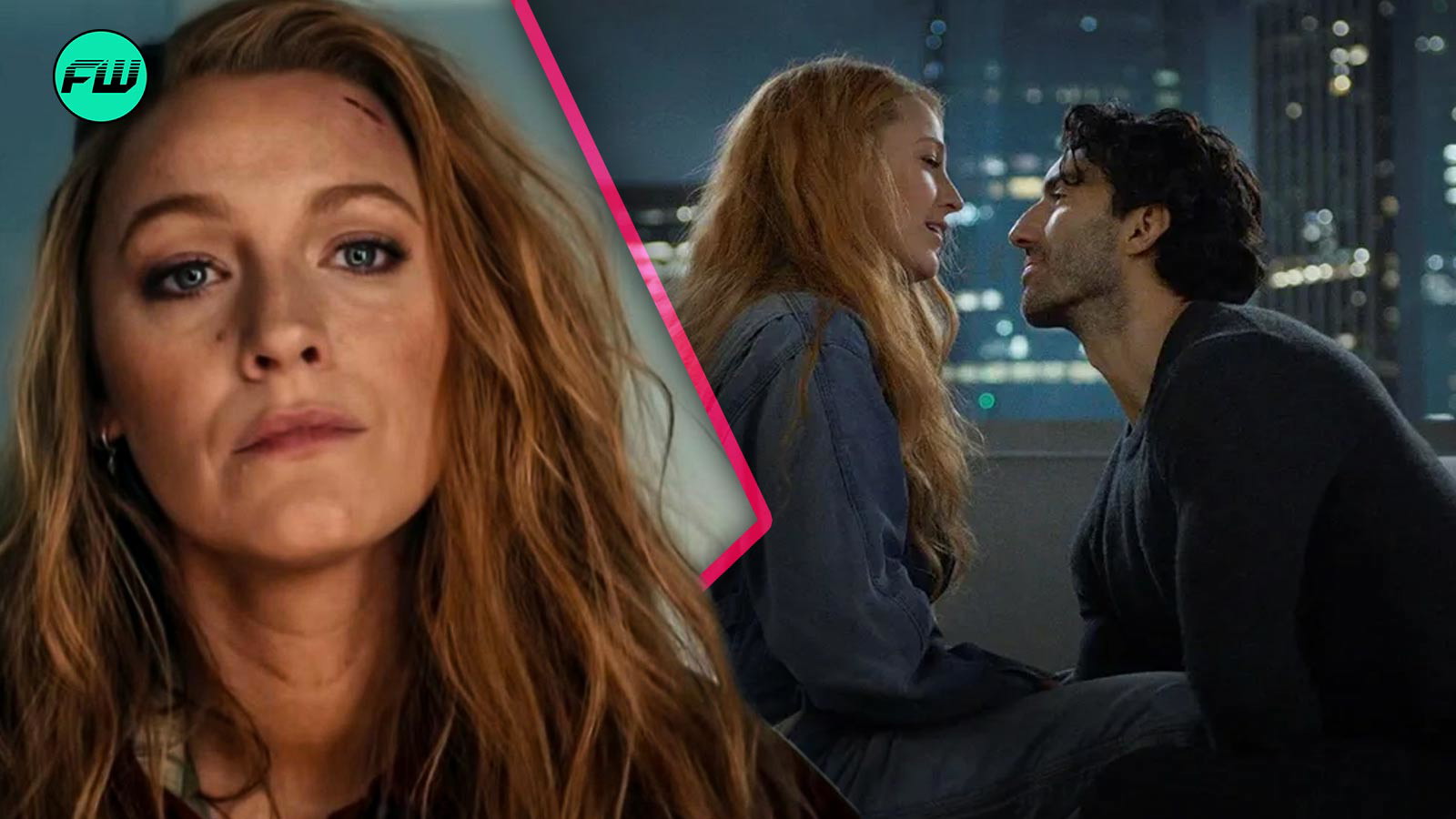
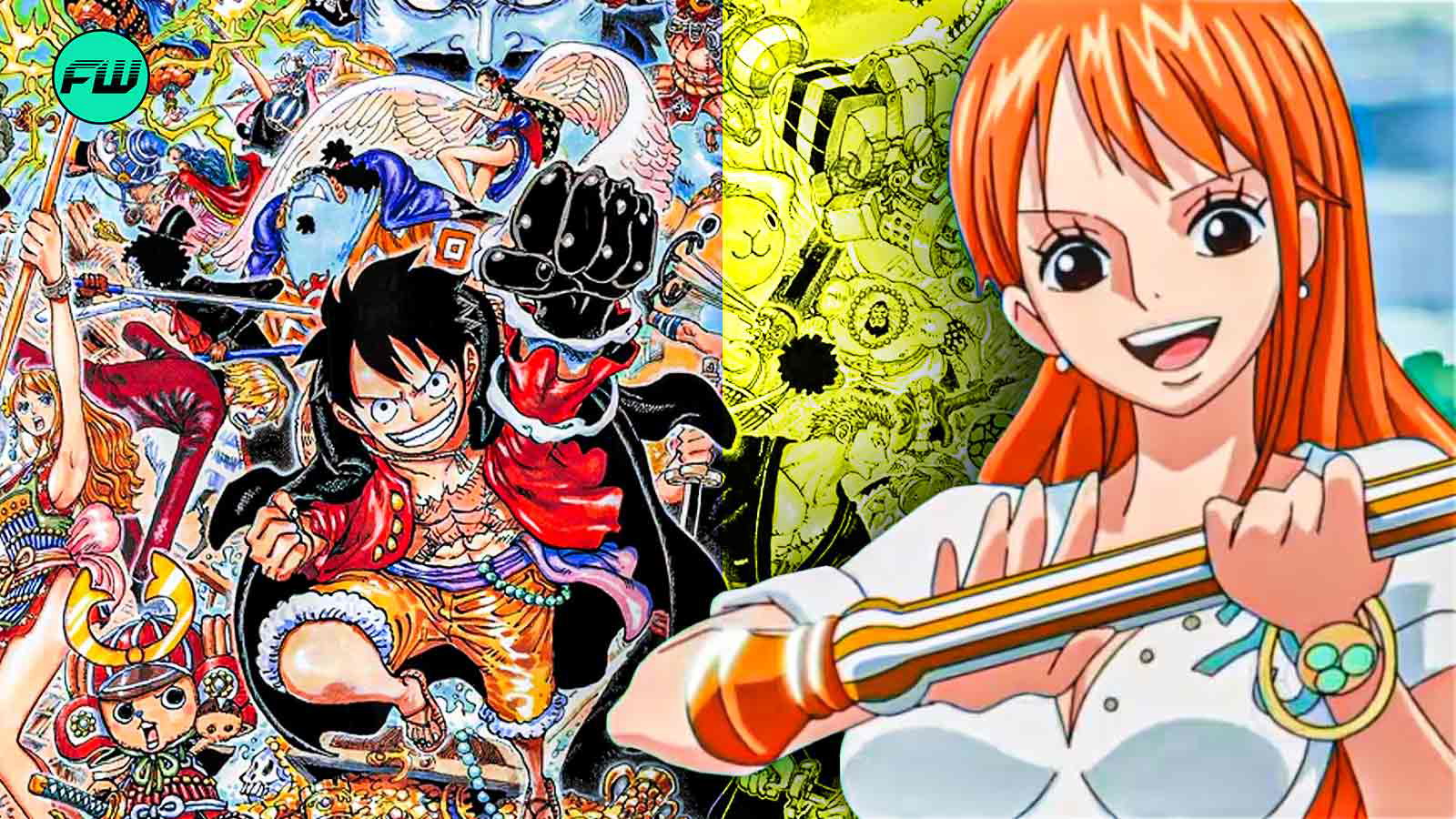
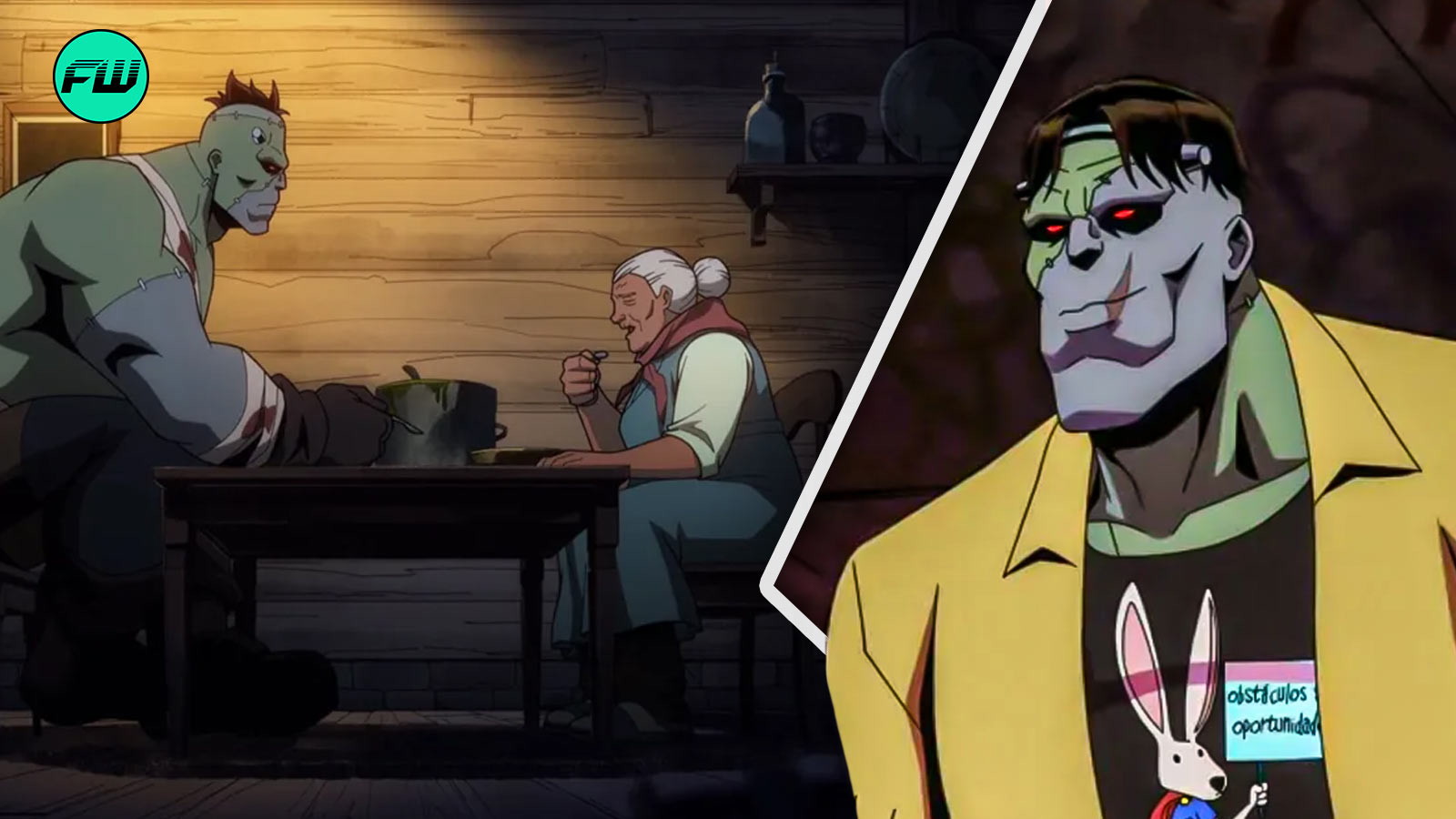
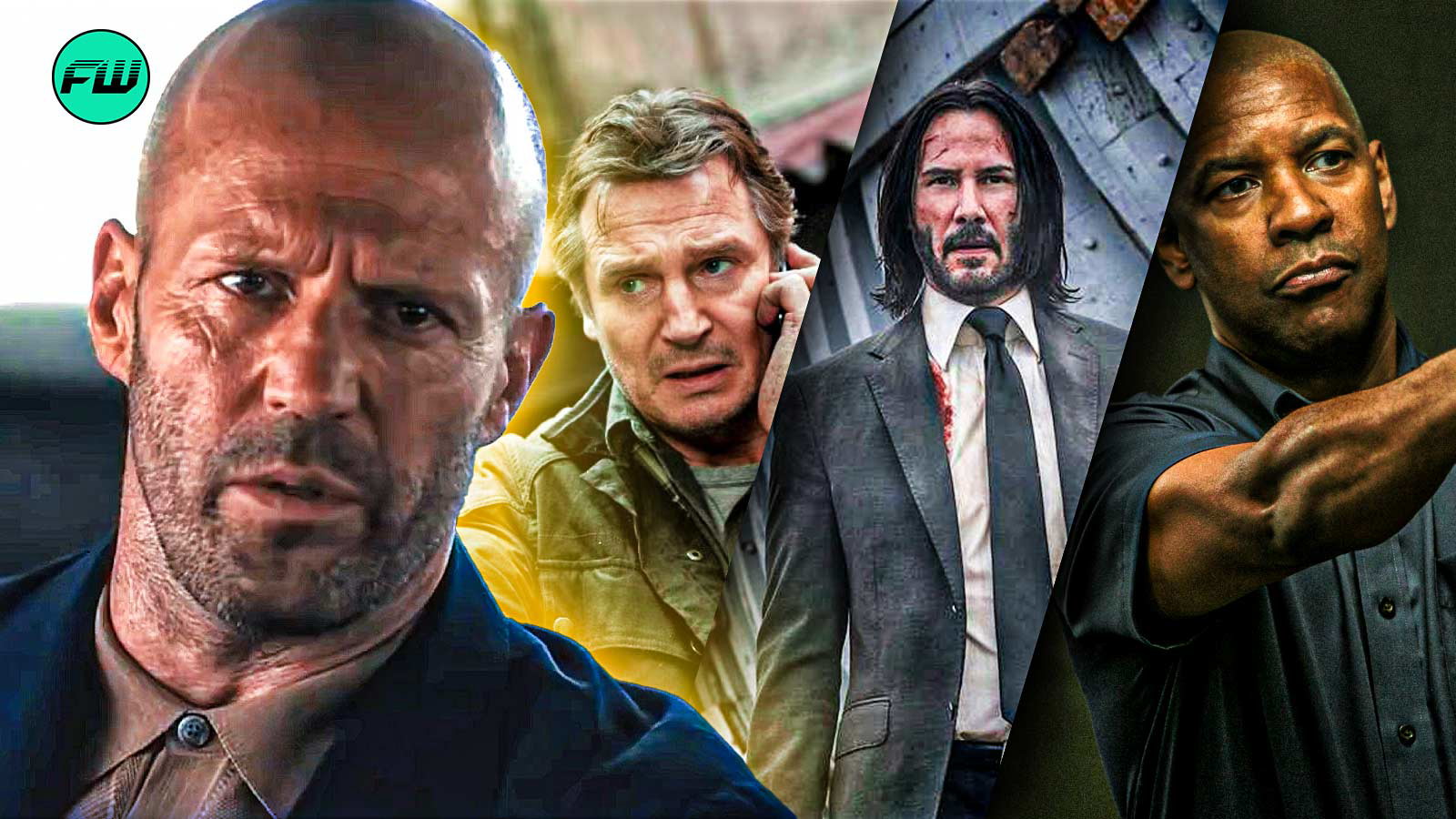
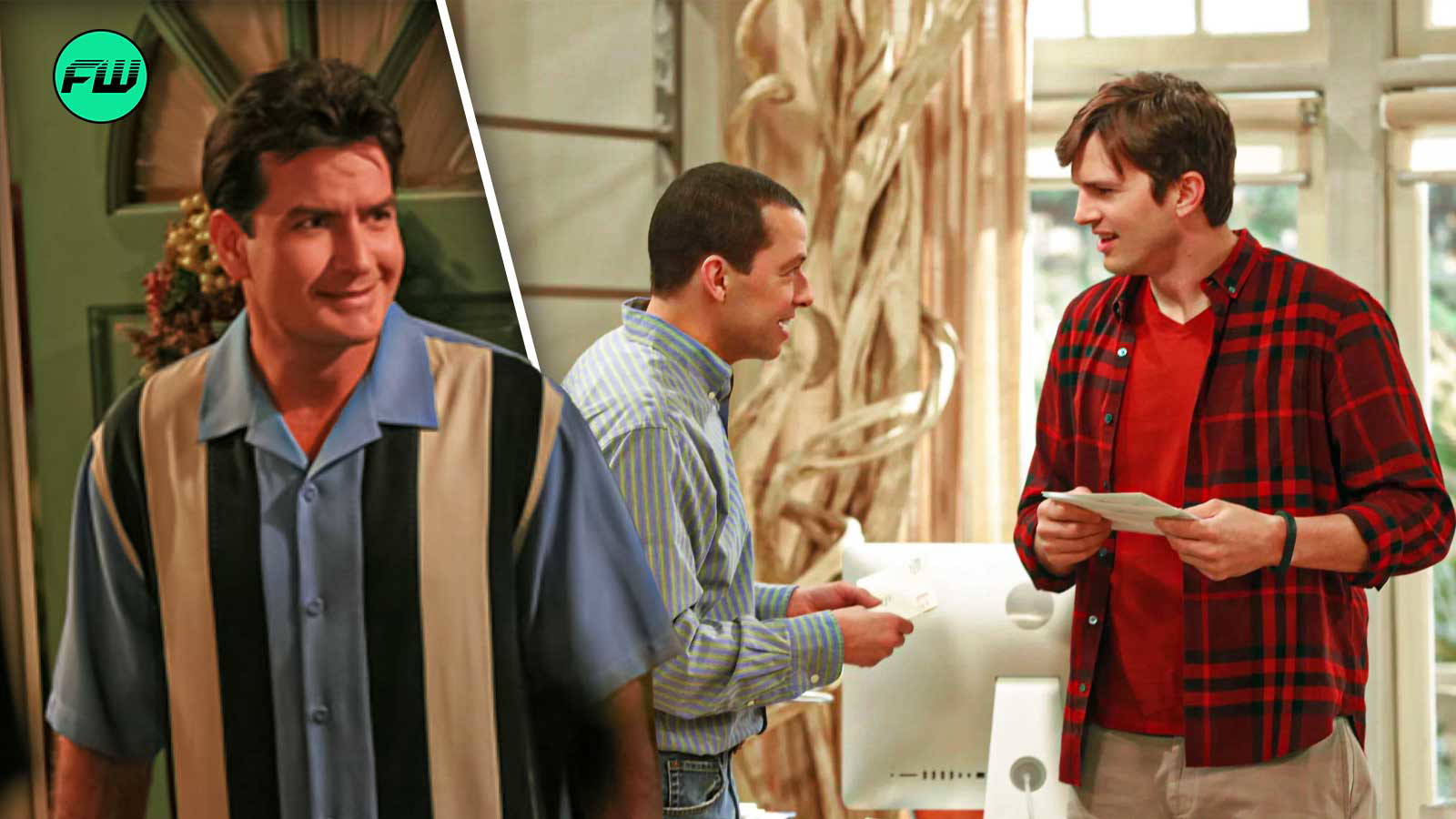

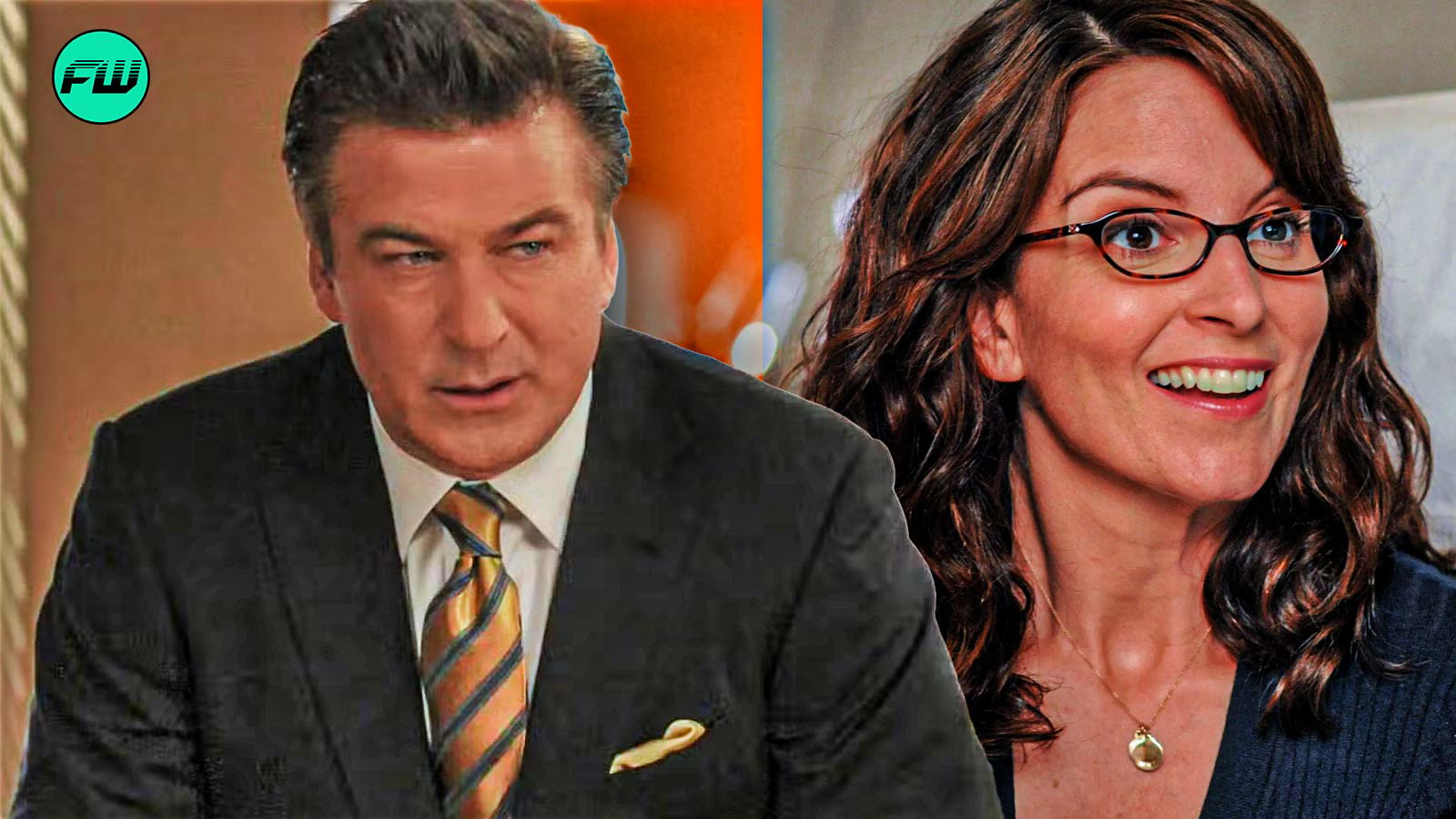
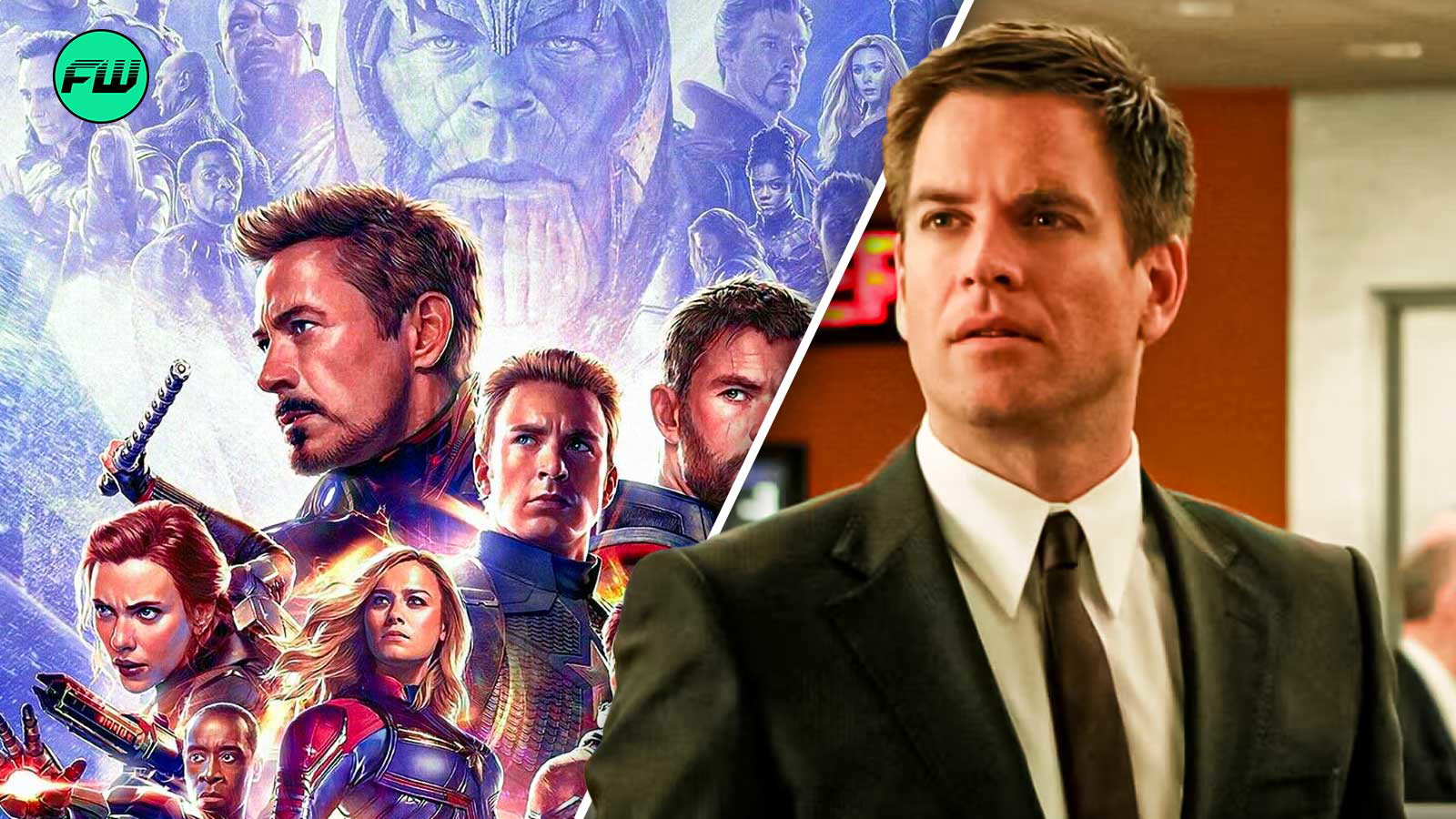
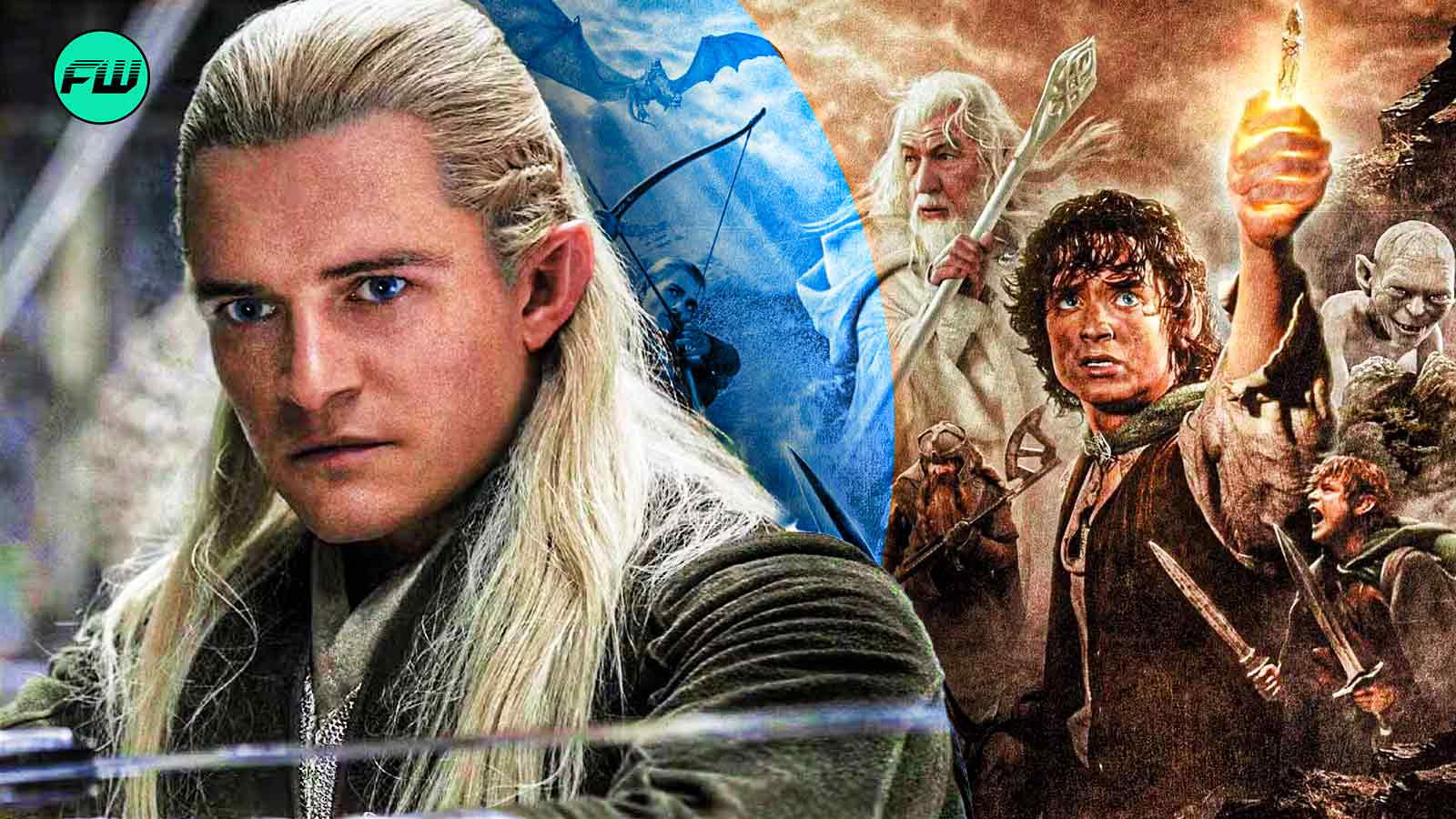
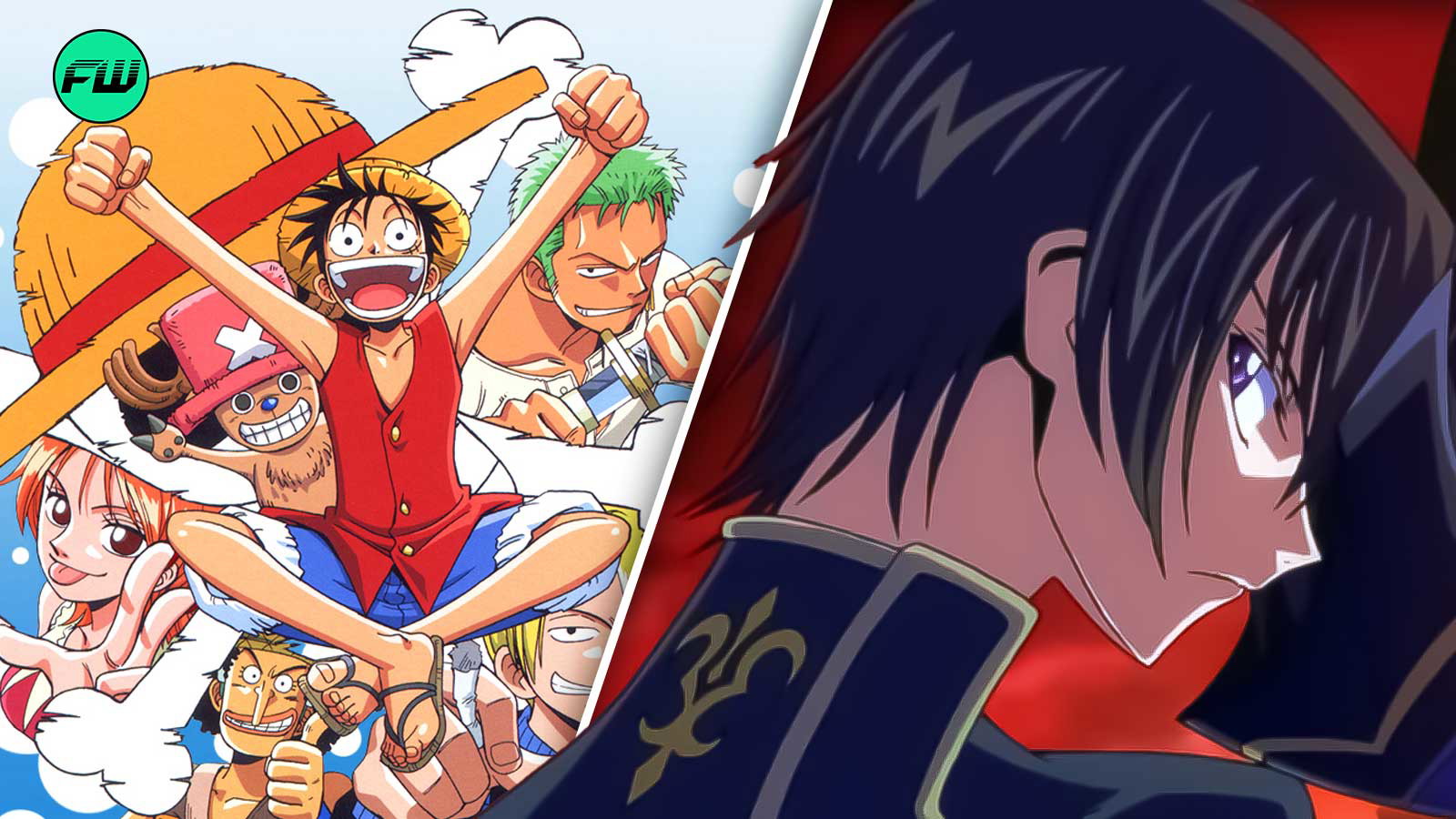
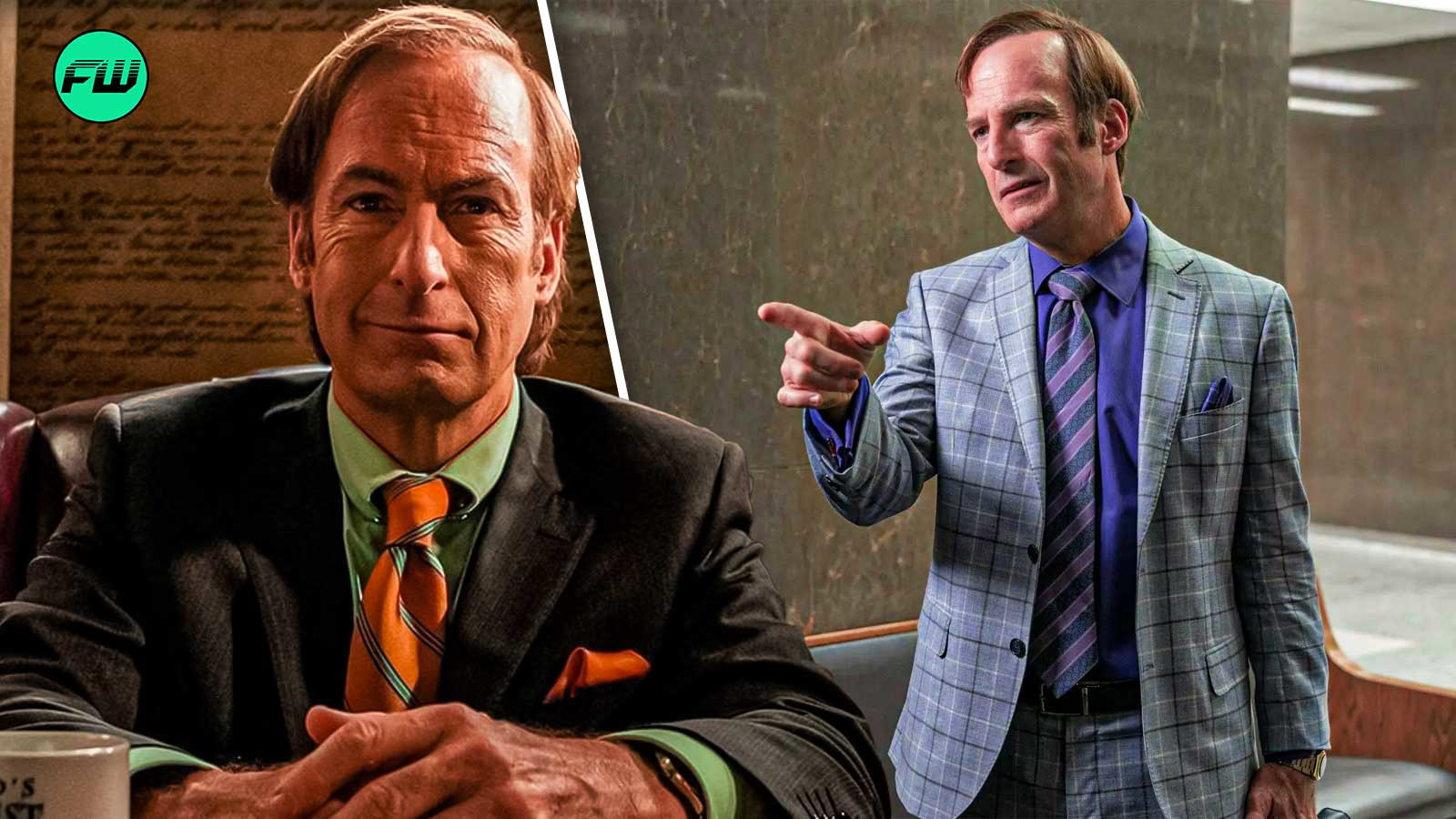






















 Bengali (BD) ·
Bengali (BD) ·  English (US) ·
English (US) ·